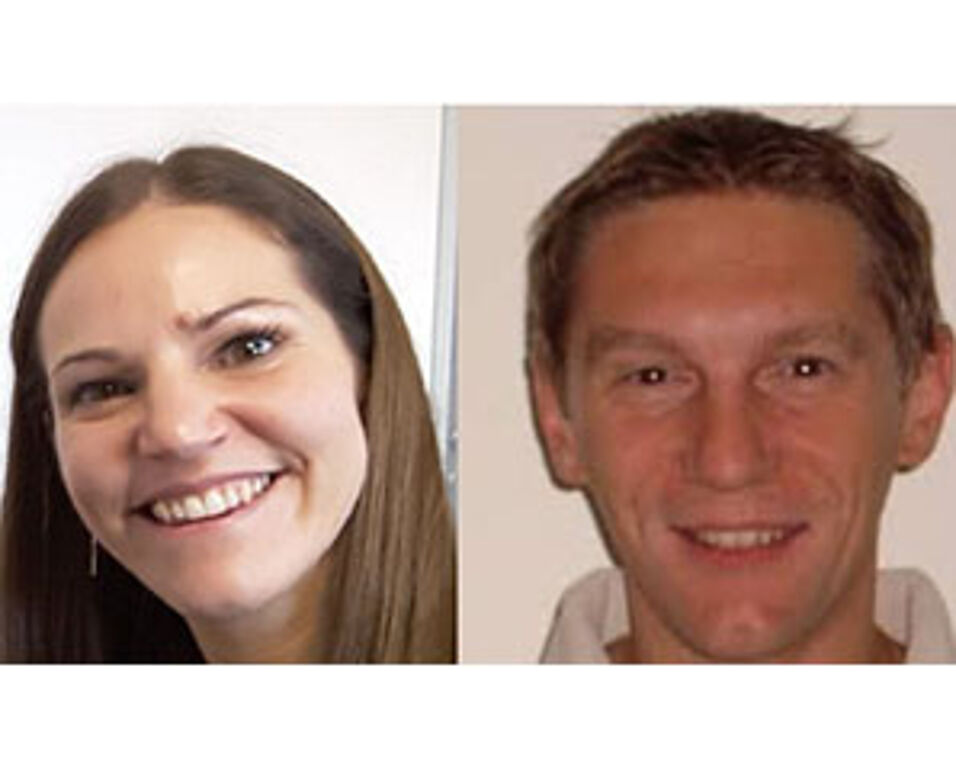Knowledge space theory (KST) is a mathematical theory developed in the eighties by Doignon & Falmagne (1985; 1999) for the efficient assessment of individual knowledge and for personalized learning. The novelty of KST, compared to psychometric approaches like item response theory or classical test theory, is that no attempt is made of quantifying individual knowledge by numerical scores. Rather, the aim is to find what a person knows and what she does not in a particular knowledge domain Q. Thus, the individual knowledge is represented by a set K of problems q ∈ Q, called knowledge state. The collection of all the knowledge states existing in a population is the knowledge structure.
Knowledge structures provide both a model of the cognitive organization of the domain of knowledge and a model of how students learn knowledge. As such, they are at the core of a certain type of intelligent tutoring systems (ITS) like ALEKS (Assessment and Learning in Knowledge Spaces, www.aleks.com), and ITS used by millions of students in the United States.
The potential of KST is not confined to the mere assessment of knowledge or learning in the educational realm. In the last years, various extensions of the theory to other application fields have been worked out. After presenting the fundamental concepts of KST, the talk focusses on some of these extensions. The first one deals with the possibility of modeling students’ misconceptions allowing for speeding up the assessment and for improving the customization of learning. The second one concerns applications of KST to the psychological assessment and the analysis of questionnaires. The third one deals with the assessment of problem solving skills and the neuropsychological assessment.

